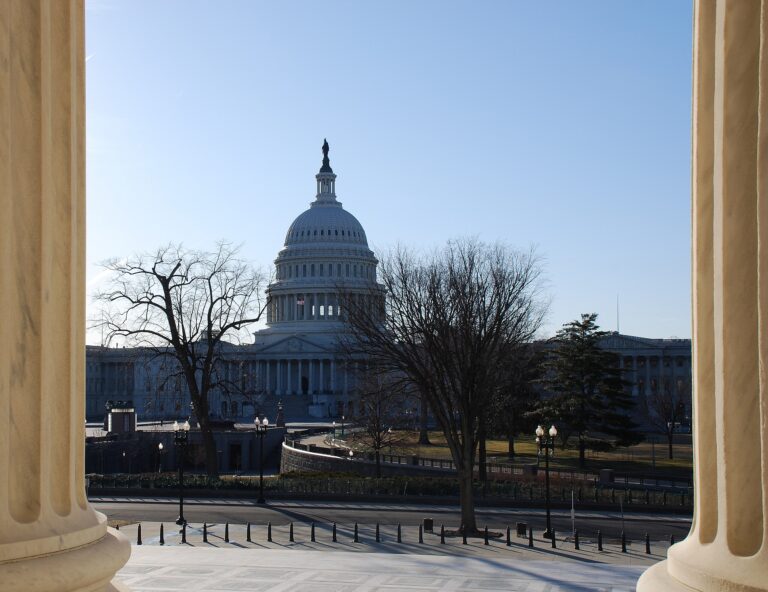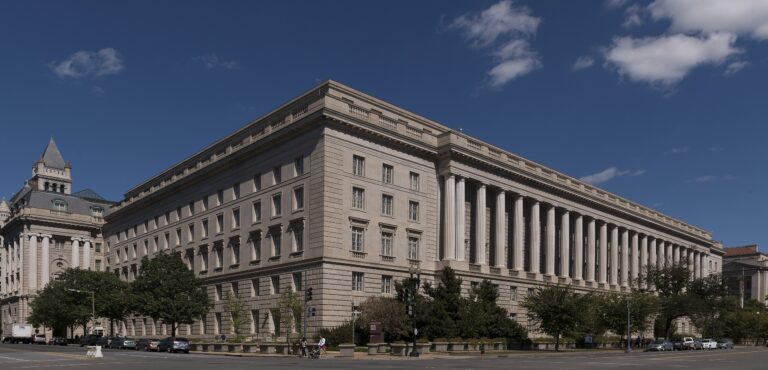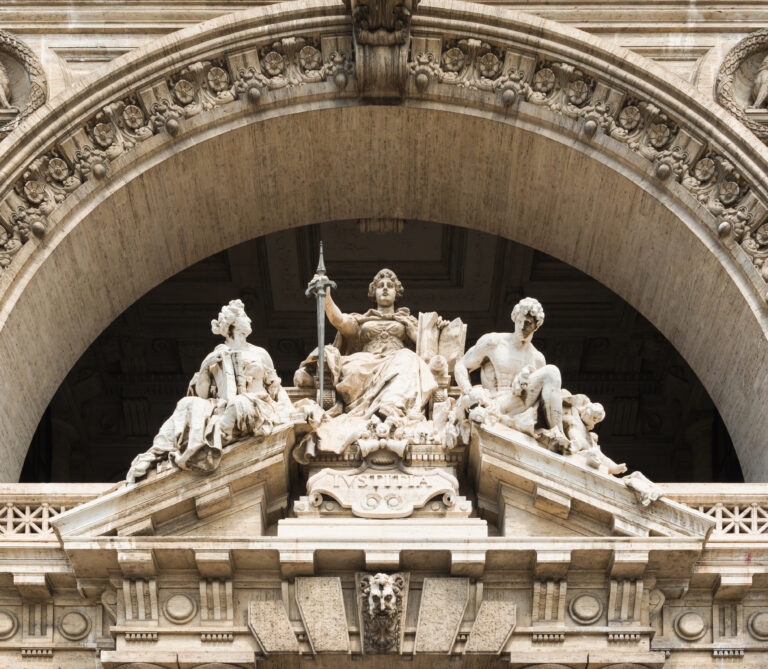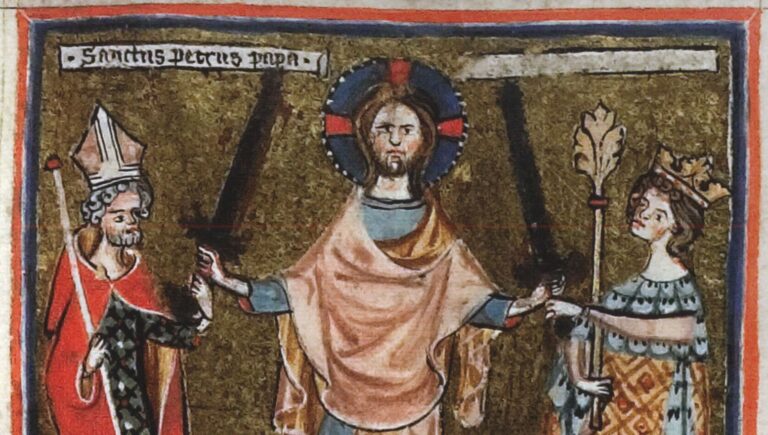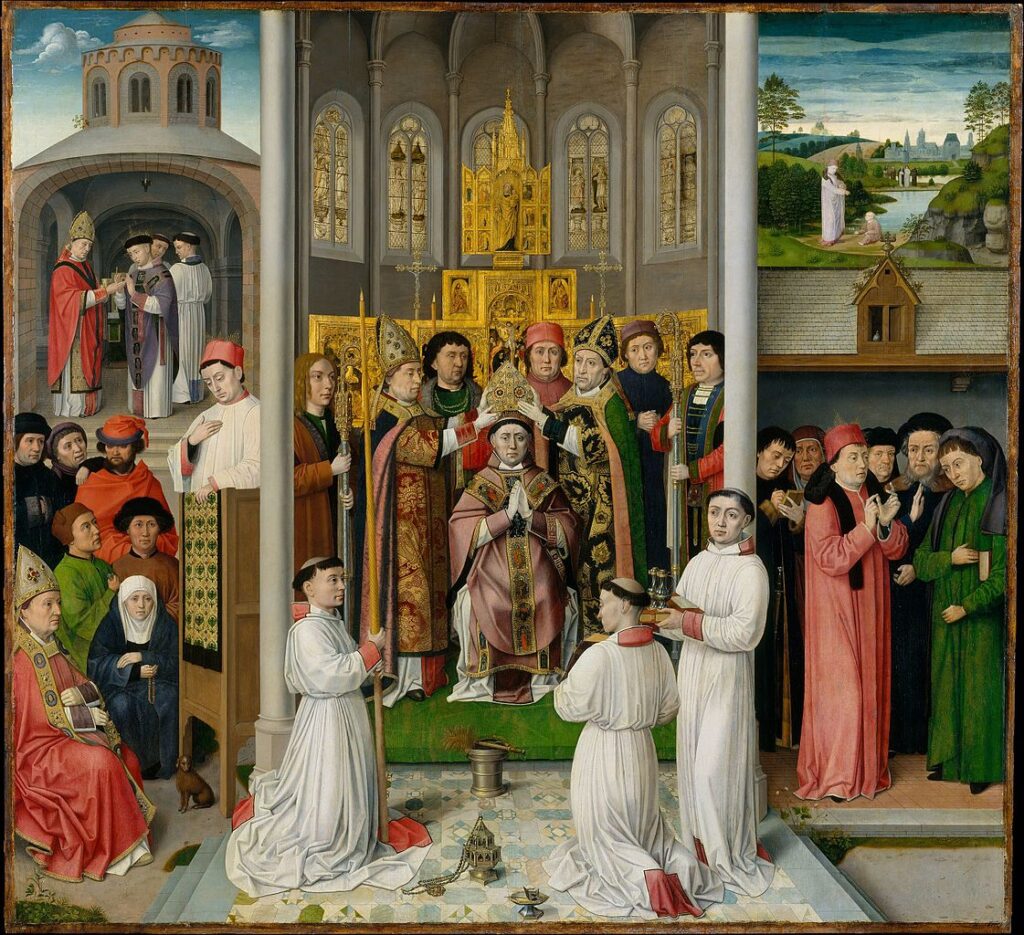
Pope Leo XIV Speaks on Natural Law, Human Rights, and Artificial Intelligence
Matthew P. Cavedon
Scenes from the Life of Saint Augustine of Hippo via Metropolitan Museum of Art (US-PD).
On June 21, Pope Leo XIV delivered one of his first statements on Catholic social teaching. Addressing members of the International Inter-Parliamentary Union, he emphasized themes that are emerging as focuses for his papacy: unity, dialogue, and the challenges presented by new technology.
Already, in his inaugural speech following his election, Leo had voiced his desire for unity three times. He declared that people must go forward “without fear, united hand in hand with God and among ourselves.” He urged people to “help each other to build bridges, with dialogue, with meetings, uniting us all to be one people, always in peace.” He promised “a united Church always seeking peace, justice,” and faithful witness to Jesus Christ. Leo also chose as his motto In Illo uno unum—“In the One, we are one.” He is already being called the “Pope of Unity.”
Leo’s June address notes unity’s importance, praising the usefulness of “a shared point of reference in political activity… an element that unites everyone.” He describes the natural law as filling this role. The natural law “is universally valid apart from and above other more debatable beliefs,” so it can be “the compass by which to take our bearings in legislating and acting.” Of particular importance here is the Universal Declaration of Human Rights, which Leo deems “part of humanity’s cultural heritage” and praiseworthy because it can place “the human person, in his or her inviolable integrity, at the foundation of the quest for truth, thus restoring dignity to those who do not feel respected in their inmost being and in the dictates of their conscience.”
Common dignity is the basis for the dialogue from which unity arises. Leo invites political authorities to protect religious liberty and support “respectful and constructive encounter between different religious communities.” Religious faith and “the positive values that derive from it” are “an immense source of goodness and truth for the lives of individuals and communities.” Crediting Saint Augustine, the inspiration for the religious order to which he belongs, Leo speaks of religion drawing people from love of self—“egotistic, myopic and destructive”—to love of God, “a free and generous love, grounded in God and leading to the gift of self.” This is necessary for building the City of God, “whose fundamental law is charity.”
Charity offers a concrete response to modern challenges. Leo mentions extreme disparities of wealth and indifference that “readily lead to violence and, sooner or later, to the tragedy of war.” He also reiterates the need to critique artificial intelligence (AI). Like unity, Leo has already commented on AI several times. Leo said he selected his name in recognition of Pope Leo XIII’s prophetic role during the industrial revolution of the late 19th century. Leo XIV says he wants to respond to “another industrial revolution” and “developments in the field of artificial intelligence that pose new challenges for the defence of human dignity, justice and labour.”
Shortly before speaking to the parliamentarians, Leo—who majored in mathematics—delivered a separate message to a conference on AI, confirming “the urgent need for serious reflection and ongoing discussion on the inherently ethical dimension of AI, as well as its responsible governance.” He indicated “the Church’s desire to participate in these discussions that directly affect the present and future of our human family.” Leo noted that “AI has been used in positive and indeed noble ways to promote greater equality,” but cautioned against “the possibility of its misuse for selfish gain at the expense of others, or worse, to foment conflict and aggression.” He insisted that “authentic wisdom has more to do with recognizing the true meaning of life, than with the availability of data.”
Leo reiterated both the promise and the risk of AI when he spoke to the International Inter-Parliamentary Union, urging:
“Our personal life has greater value than any algorithm, and social relationships require spaces for development that far transcend the limited patterns that any soulless machine can pre-package.”
While AI can “store millions of data points and answer many questions in a matter of seconds,” it has a mere “‘static memory’ that is in no way comparable to that of human beings.” Human memory is:
“creative, dynamic, generative, capable of uniting past, present and future in a lively and fruitful search for meaning, with all the ethical and existential implications that this entails.”
Leo has been pope for just over a month and, with his background in missionary work rather than academic scholarship, much of his social thought remains to be elaborated. But Augustine was one of history’s most important philosophers of memory. It is no surprise that his papal son is already inviting people to remember who humans are: dignified beings capable of unity, dialogue, and critical thought from the heart. ♦

Matthew P. Cavedon is the Robert Pool Fellow in Law and Religion at the Emory University School of Law. He is the author of From the Pope’s Hand to Indigenous Lands: Alexander VI in Spanish Imperialism (2024).
Recommended Citation
Cavedon, Matthew P. “Pope Leo XIV Speaks on Natural Law, Human Rights, and Artificial Intelligence.” Canopy Forum, June 25, 2025. https://canopyforum.org/2025/06/25/pope-leo-xiv-speaks-on-natural-law-human-rights-and-artificial-intelligence/.
Recent Posts



